Did you know that 1 out of 9 adults experience cognitive decline as they age?
Cognition is defined as the mental action or process of acquiring knowledge and understanding through thought, experience, and the senses. There are 5 primary cognitive skills: reading, learning, remembering, logical reasoning, and paying attention.
We often brush off the idea of being prone to cognitive decline at a young age or only subject it to our grandparents having it. More than 10 percent of adults (ages 45 to 65 years old) experience subjective cognitive decline. Although genetics play a crucial role in contributing to cognitive impairment, various lifestyle habits also cause early cognitive decline.

Symptoms of cognitive decline can stay stable for years or improve over time, with little impact on your daily life. In some instances, however, mild cognitive impairment can develop into dementia or Alzheimer’s disease.
The signs of cognitive decline may be hard to spot when they don’t have a significant impact on your regular social functioning, family life, or work performance.
Signs that you may be experiencing cognitive decline include:
- Forgetting appointments and dates.
- Forgetting recent conversations and events.
- Feeling increasingly overwhelmed by making decisions and plans.
- Having a hard time understanding directions or instructions.
- Losing your sense of direction.
- Losing the ability to organise tasks.
- Becoming more impulsive.
Many people with mild cognitive impairment also have symptoms of depression and anxiety and become more irritable and easily aggravated.
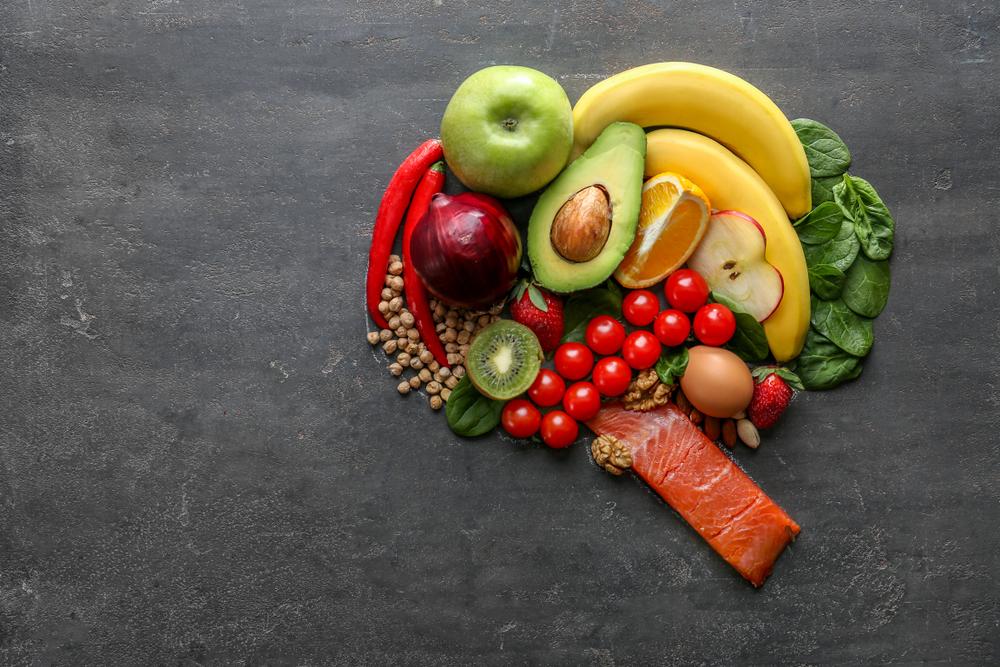
Diet plays an important role in cognitive function, which encompasses a range of mental abilities including memory, attention, problem-solving, and decision-making. Our brain requires a constant supply of nutrients to function optimally, and the foods we eat can either support or hinder cognitive function.
Here is a list of foods one must include in their diet that, along with improving brain health, also have various other health benefits.
Turmeric
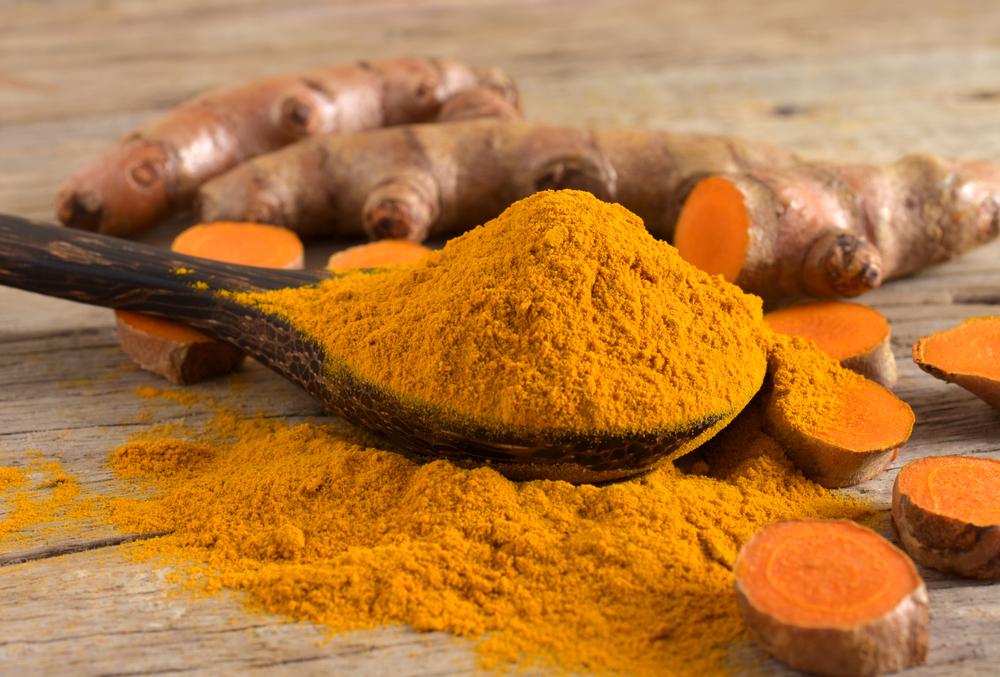
It helps improve memory in people with Alzheimer’s. It may also help clear the amyloid plaques, a hallmark of this disease. Curcumin boosts serotonin and dopamine, both of which improve mood.
Berries
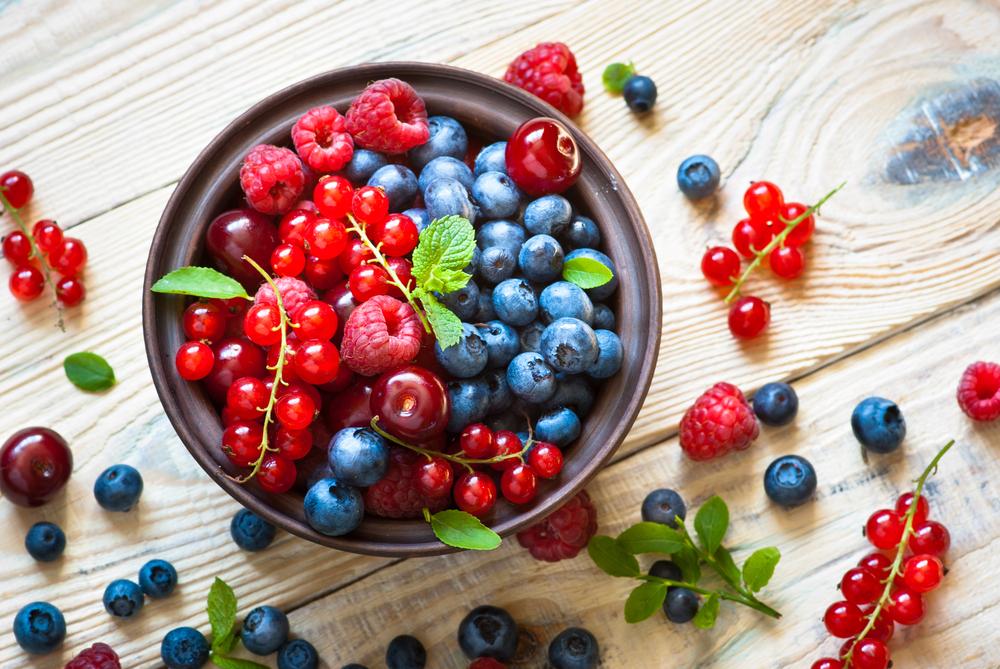
Blueberries and other deeply colored berries deliver anthocyanins, anti-inflammatory and antioxidant effects. Antioxidants act against oxidative stress and inflammation, which can contribute to brain aging and neurodegenerative diseases.
Avocadoes
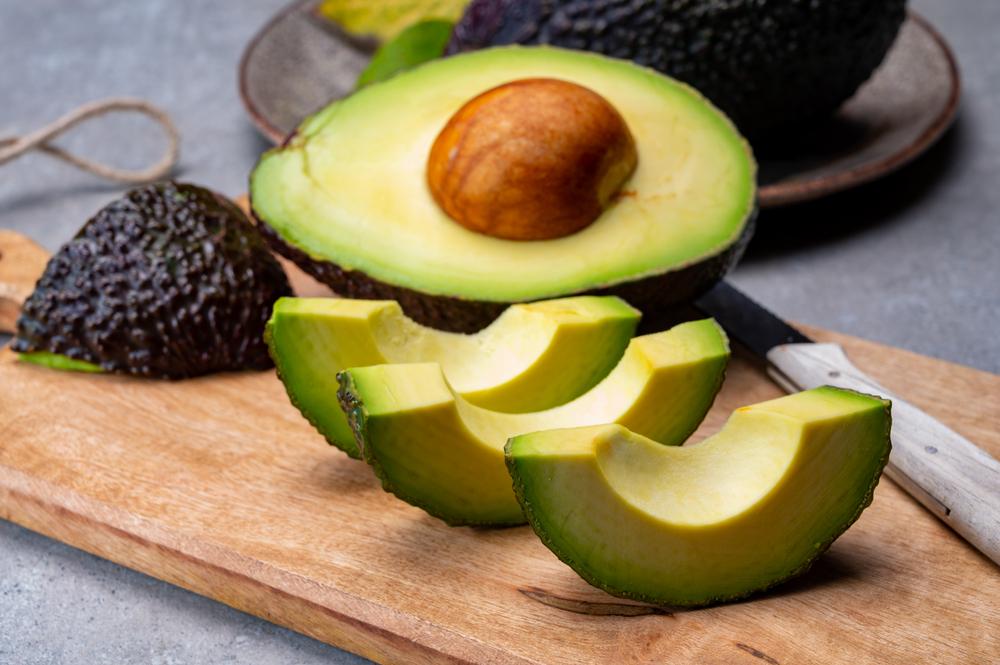
Avocadoes contain high quantities of monounsaturated fatty acids which help protect glial cells in the brain called astrocytes, which provide support to the information-carrying nerves.
Eggs

They are a good source of several nutrients tied to brain health, including vitamins B6 and B12, folate, and choline. The choline in eggs helps create acetylcholine, a neurotransmitter that helps regulate mood and memory.
Pumpkin seeds
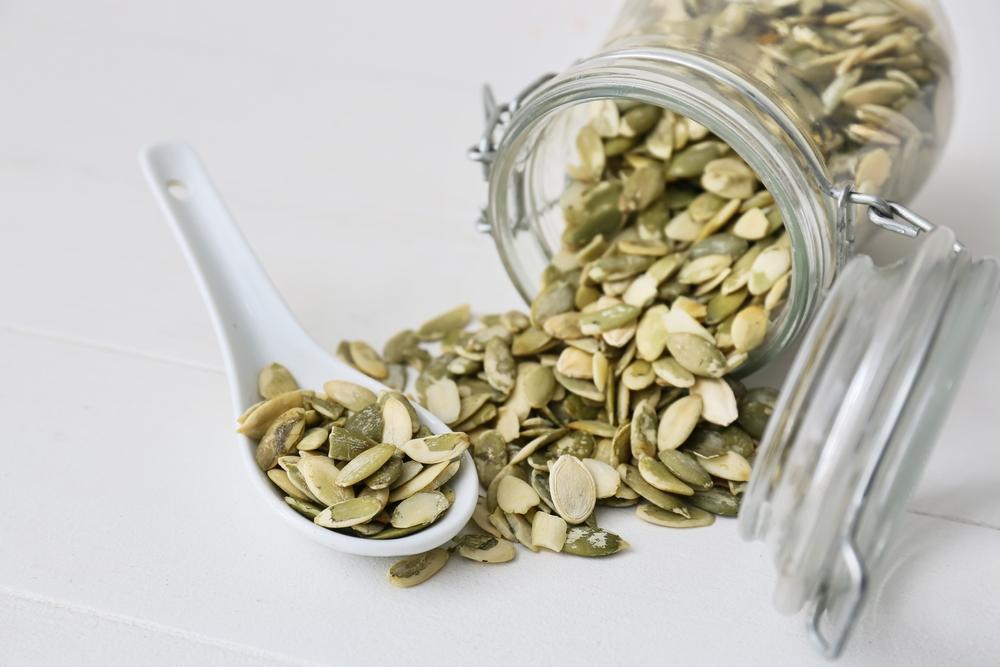
It contains powerful antioxidants that protect the body and brain from free-radical damage.
Green tea

It contains L-theanine, an amino acid that can cross the blood-brain barrier and increase the activity of the neurotransmitter Gamma-aminobutyric acid (GABA), which helps reduce anxiety and makes you feel more relaxed. It has also been found to improve alertness, performance, memory and focus.
Our brain requires a constant supply of nutrients to function optimally, and the foods we eat can either support or hinder cognitive function.
Fatty fish
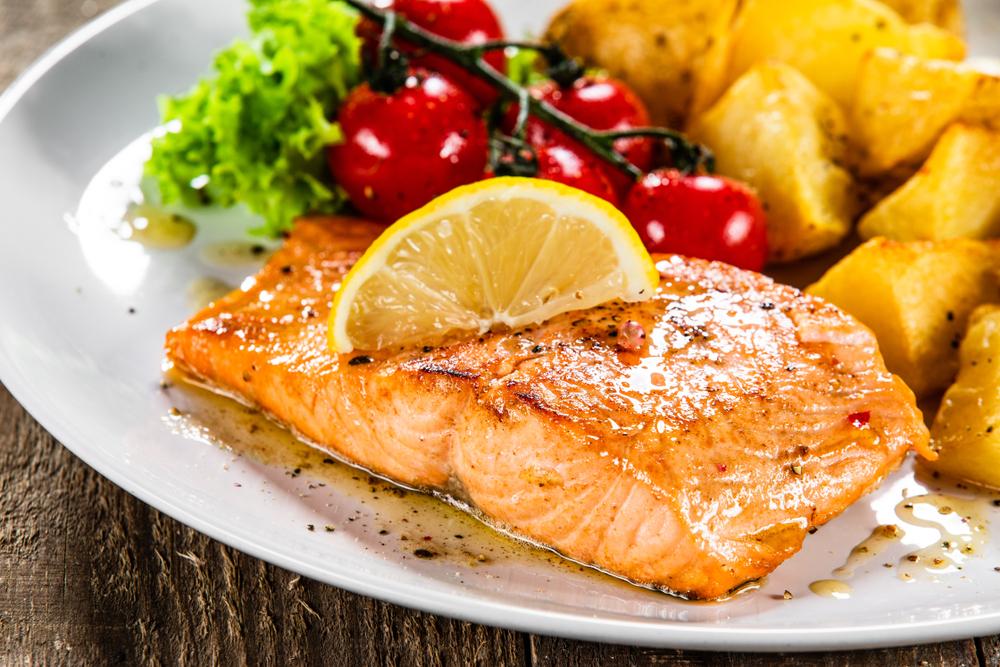
The omega-3 in fatty fish helps build brain and nerve cells. The Docosahexaenoic acid (DHA) plays a crucial role in boosting brain function and memory. It is also effective in slowing down Alzheimer’s disease.
Green leafy vegetables

It contains various bioactive compounds, including vitamin K, lutein, β-carotene, nitrate, folate, kaempferol, and α-tocopherol, which have protective effects on the brain and easily attenuate oxidative stress in the brain.
Beetroot
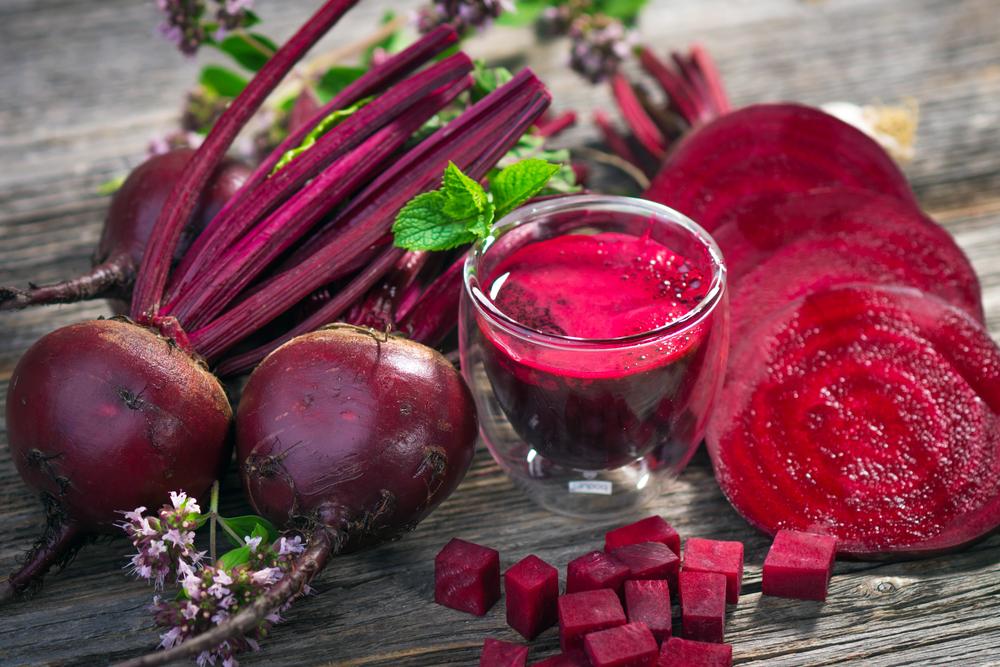
The nitrates in beets may improve brain function by promoting the dilation of blood vessels and thus increasing blood flow to the brain.
Rosemary

Carnosic acid, one of the main ingredients in rosemary, helps protect the brain from neurodegeneration. It does this by protecting the brain against chemical free radicals, which are linked to neurodegeneration, Alzheimer’s, strokes, and normal aging in the brain.
The omega-3 in fatty fish helps build brain and nerve cells. The DHA plays a crucial role in boosting brain function and memory. It is also effective in slowing down Alzheimer’s disease.
Other than food items, certain plant-based Nootropics like:
- Bacopa monnieri (Bacopa) extract enhances cognition. This nootropic herb helps in the repair of damaged neurons, neuronal synthesis, and the restoration of synaptic activity and improves brain function as well as inhibiting acetylcholinesterase.

- Gingko Biloba has antioxidant properties and also increases blood flow to the brain and is claimed to improve brain functions like focus and memory.

- Rhodiola rosea helps improve mental processing by reducing fatigue and improving the functioning of the brain.

Foods to avoid when preventing cognitive decline
#1 Sugary drinks

An excessive intake of sugary drinks increases the odds of developing type 2 diabetes, which has been shown to increase the risk of Alzheimer’s disease. In addition, higher sugar levels in the blood can increase the risk of dementia, even in people without diabetes.
#2 Foods high in trans-fat

Studies have found that when people consume higher amounts of trans fats, they tend to have an increased risk of Alzheimer’s disease, poorer memory, lower brain volume, and cognitive decline.
#3 Alcohol

Chronic alcohol use results in a reduction in brain volume, metabolic changes, and disruption of neurotransmitters, which are chemicals the brain uses to communicate.
#4 Refined carbs
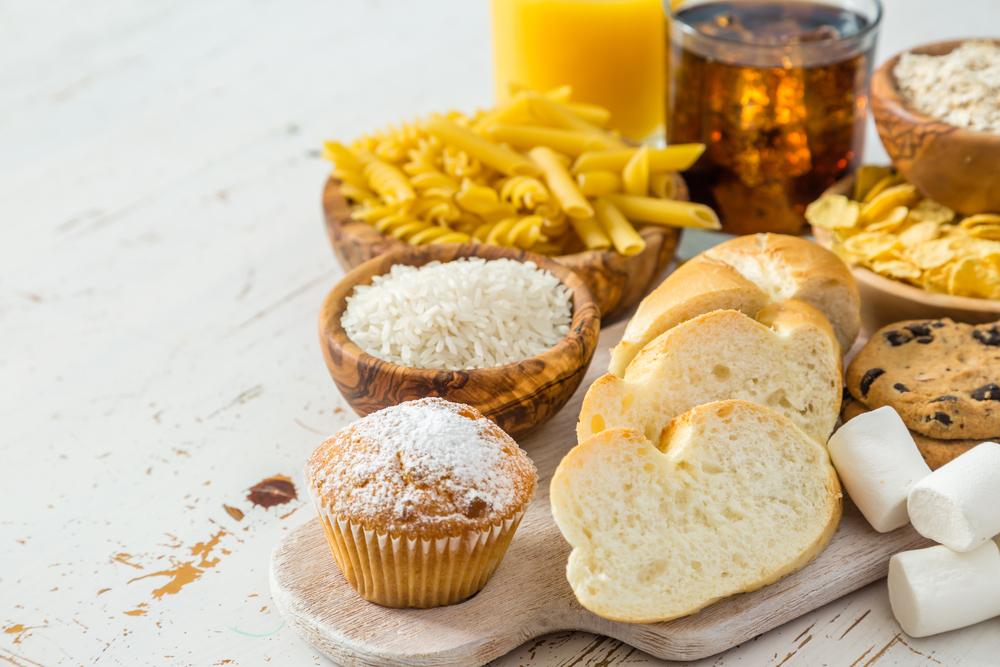
These types of carbs generally have a high glycemic index (GI). Research has shown that just a single meal with a high glycemic load can impair memory in both children and adults.
#5 Processed foods

Highly processed foods tend to be high in sugar, added fats, and salt. They include foods such as chips, sweets, instant noodles, microwave popcorn, store-bought sauces, and ready-made meals. These foods are usually high in calories and low in other nutrients. They’re exactly the kinds of foods that cause weight gain, which can have a negative effect on your brain health.
Overall, a healthy diet that is rich in whole, nutrient-dense foods can have a significant positive impact on cognitive function. It’s important to note that no single food or nutrient is a magic bullet for cognitive function, but rather a balanced, varied diet that meets our individual nutrient needs is key. Along with a nutritious diet lifestyle changes including regular exercise and brain-stimulating activities like solving puzzles, reading, and meditation may slow down cognitive decline and boost brain function.












